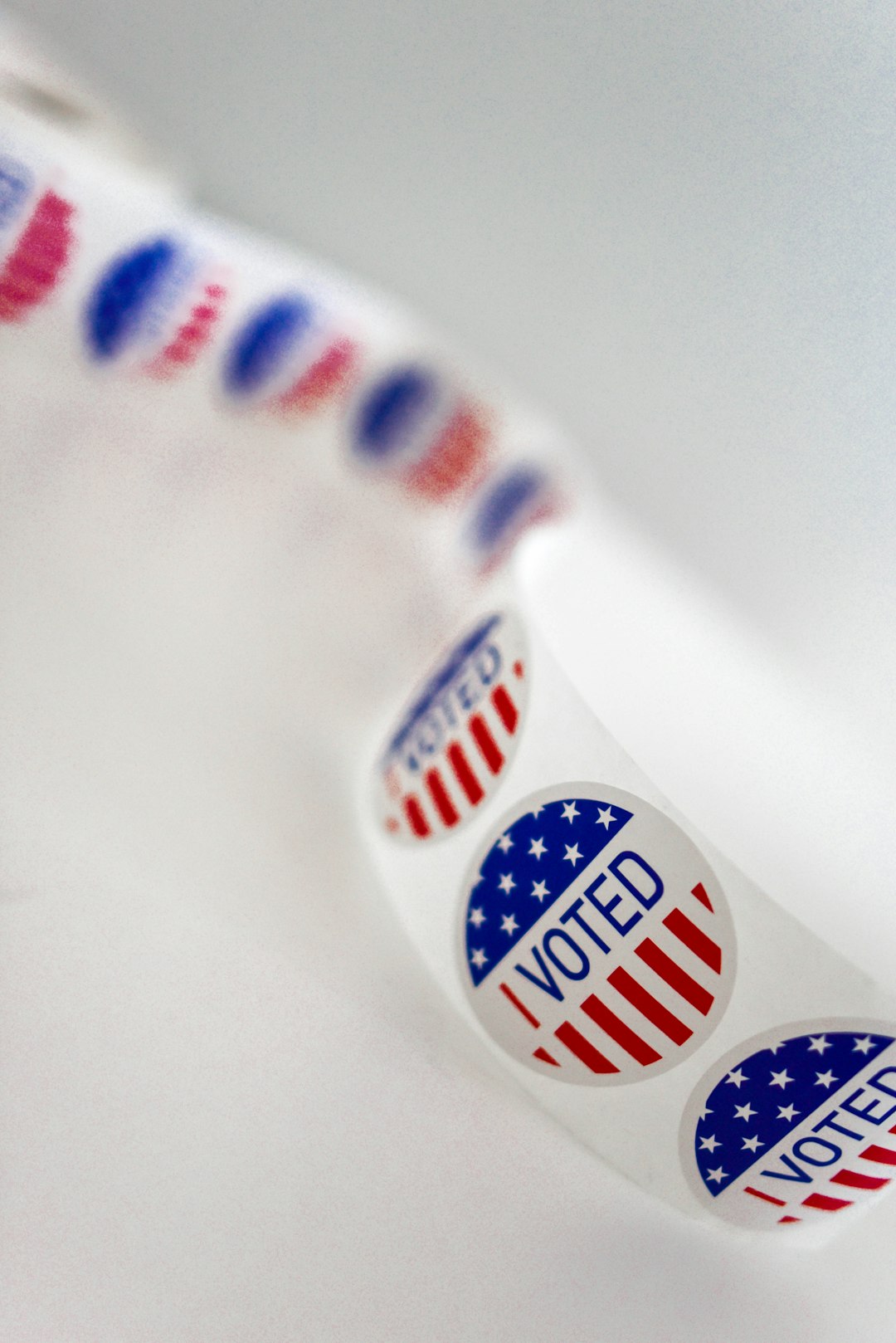
Government Intervention Undermines Innovation and Economic Freedom
Ah, government intervention – the fairy godmother that turns our pumpkins of potential into carriages of bureaucracy. But let’s not kid ourselves, folks. In the grand adventure of capitalism, government interference often plays the role of the villain. It’s time we peel back the layers of this onion and expose how this meddling undermines innovation and economic freedom.
The Irony of Innovation Stifled
Let’s start with the obvious: innovation thrives in environments where individuals can take risks and reap the rewards of their efforts. When governments step in with their rules, regulations, and taxes, they inadvertently tie the hands of creative entrepreneurs. Instead of dreaming big and envisioning the next big thing, innovators find themselves bogged down in compliance and red tape.
For instance, take a look at the tech industry. The U.S. has long been a breeding ground for innovation, spawning giants that have transformed our lives. Yet, as government regulations increase, so does the cost of compliance. A study from the Mercatus Center highlighted that regulatory costs for new startups can reach a staggering $83,000 annually. That’s not exactly pocket change for a fledgling business. Imagine what could be done with that money instead: funding research, hiring talent, or, dare I say, actually innovating!
The Illusion of Protection
Now, let’s address the argument that government intervention is necessary to protect consumers and promote fair competition. While this sounds noble, the reality is often much uglier. Government agencies, intended to foster fairness, frequently become breeding grounds for cronyism and favoritism. The result? Established companies with deep pockets lobby for regulations that create barriers to entry for up-and-coming competitors.
Consider the pharmaceutical industry. Big Pharma has been known to cozy up to regulators, ensuring that new entrants face mountains of hurdles that they themselves have already conquered. This not only stifles innovation but also limits choice for consumers, creating a stagnant market where only a few players thrive.
Economic Freedom: A Pathway to Prosperity
Economic freedom is not just a buzzword; it’s the backbone of a thriving society. When individuals have the liberty to pursue their interests—whether that’s starting a business, investing, or even taking a leap into the unknown—innovation flourishes. A study by the Fraser Institute found a strong correlation between economic freedom and innovation output. Countries that embrace free markets and minimal government intervention see higher levels of patents and technological advancements.
Contrast this with nations that embrace heavy-handed regulatory approaches. Take Venezuela, for example. Once one of the wealthiest countries in Latin America, its heavy regulations and government control over industries led to economic collapse. Innovation? More like stagnation, as the state took the reins and crushed entrepreneurial spirit under the weight of bureaucracy.
The Dangers of Overreach
It is crucial to understand that not all government involvement is inherently evil, but the line between necessary oversight and overreach is often blurred. When governments attempt to dictate the direction of innovation, they usually miss the mark. The recent push for green technologies, while admirable in intent, has led to a slew of subsidies and programs that favor specific companies over others.
The Tesla example is a classic case of government favoritism. While it’s great that we are investing in electric vehicles, the reality is that government subsidies have led to a distortion of the market. Competitors who may offer better or more innovative solutions find themselves at a disadvantage due to the largesse directed at one company. This misallocation of resources not only hampers competition but also leads to a less dynamic market overall.
Conclusion: Less Government, More Progress
In conclusion, the evidence is clear: government intervention undermines innovation and economic freedom. By creating unnecessary barriers and favoring established companies, the government stifles the very creativity that drives progress. It’s time we advocate for a system that empowers individuals and celebrates entrepreneurship rather than one that throttles them with regulations and taxes.
Let’s not forget the wise words of those who came before us: “The best government is that which governs least.” If we want innovation to thrive and economic freedom to flourish, we must push back against the encroaching hand of government intervention. After all, a little less interference could lead to a lot more innovation.
So, let’s raise a toast to economic freedom, innovation, and the spirit of entrepreneurship. Here’s hoping the government takes a step back and lets the dreamers dream.
Tags: opinion, editorial, current events, government intervention, economic freedom, innovation


